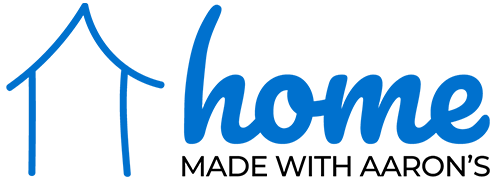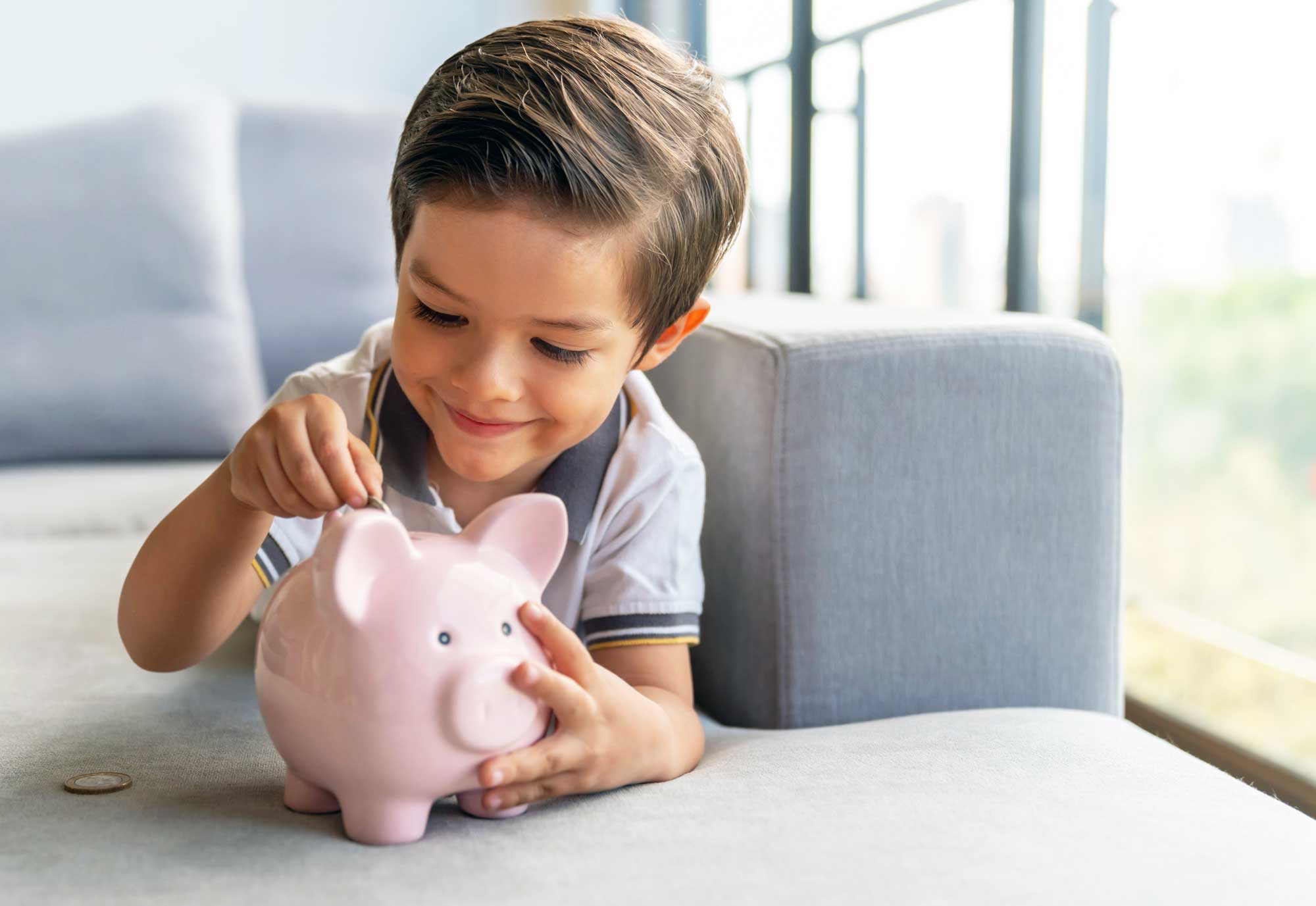Allowance probably seemed like a simple concept when it first came up, or when you were first asked. If you’ve talked to other parents about how they handle allowances, well, you’ve already discovered that no two families do it the same way.
We can all agree that it’s important for kids to learn about managing money because they need to grow into adults who are comfortable with it, but there are a lot of things to think about when it comes to money and your family. Work through the questions below and decide if an allowance is right for your kid(s). You can always make adjustments along the way.
At What Age and Amount Should Allowance Start?
The age at which you start your child’s allowance depends on how well your child can begin to understand the concept of money and budgeting. Age 5 is a common starting point. And, because many parents give $1 per each year of age, 5 is a nice round number, too. Whatever amount you decide, consistency is key for helping them learn about budgeting whether it’s weekly, monthly, or another schedule.
Where to Keep the Allowance
It’s great for your littlest to keep their cash in a piggy bank of their own. That way they can access it on their own to count it, or just enjoy the feeling of ownership and personal responsibility. You can also ask your bank if they offer special accounts for children, or if you can open a shared savings account in their name and yours. Learning about saving is as important as learning about budgeting, and your child will enjoy watching their savings grow little-by-little. They’ll also get very excited about making their own deposits with the bank teller!
What if There’s No Money for an Allowance?
Not every family can afford allowance and that’s okay! There are other ways kids can learn about budgeting. Let them choose $10 worth of groceries every month and help them work through the math as you shop. This is a great way for them to learn about sales, coupons, and meal planning, too! Or give them a budget for school clothes and let them choose where to shop and what to buy. No matter how you teach it, financial literacy is one of the most important life skills your child needs to develop before adulthood. The younger they start building good habits, the easier it will be for them to maintain them as adults.





